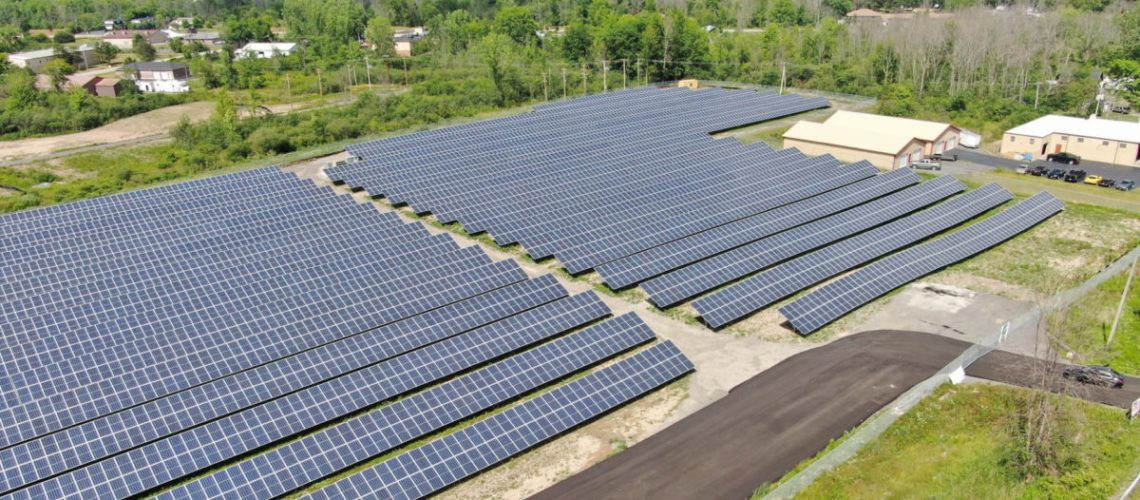A study from Columbia University has identified 59 new local renewable energy siting restrictions across 35 states in the U.S., taking the total count to 228. In addition, nine state level restrictions were noted as being severe enough to block projects.
Columbia Law School of New York has released its third annual round up of anti-renewable energy legislation filed across the U.S. The report, Opposition to Renewable Energy in the United States – May 2023 Edition, aims to document local and state restrictions on, and opposition to, the siting of renewable energy projects from 1995 to May 2023.
The authors contend that “local opposition to renewable energy facilities is widespread and growing, and represents a potentially significant impediment to achievement of climate goals.”
The report highlights several particularly challenging situations including:
- In Virginia, at least seven counties adopted restrictive solar ordinances or moratoria between June 2022 and May 2023 (Charlotte, Culpeper, Franklin, Halifax, Page, Pittsylvania, and Shenandoah). For example, Pittsylvania County now prohibits the construction of any solar farm within 5 miles of any other solar farm and limits utility-scale solar projects to 2% of the total acreage of any zoning district. Franklin County has imposed a countywide cap of 1,500 acres for all ground-mounted solar projects.
- Between April 2022 and March 2023, at least 11 counties in Ohio adopted binding resolutions to prohibit large renewable energy projects in all of their unincorporated territories or very large swathes of those territories.
In the most recent version of the report, the researchers at Columbia identified no fewer than 228 local restrictions across 35 states. They also highlighted nine state-level restrictions that are so stringent they could block a renewable energy project, the authors say. Moreover, the team listed 293 renewable projects that have faced substantial opposition in 45 states.
The only states without significant restrictions or controversies, according to the authors’ criteria, were Alaska, Arizona, and Mississippi. For example, Yuma, Arizona, considered one of the sunniest cities in the U.S., has a long history of its power companies stifling the development of solar projects.
Most of the state-level restrictions targeted wind power, with only a few directly affecting solar. Two of these restrictions involved state bodies in Connecticut and Maryland needing to approve relatively small solar projects. In New York, the state government controls the approval of larger solar projects.
Before March 2022, the group had identified 169 unique local renewable energy restrictions. Since then, an additional 59 restrictions have been enacted, marking a 35% increase. Furthermore, throughout the year, 82 projects encountered contentious paths during their respective zoning processes.
This period saw a 39% surge in the number of projects facing ‘serious organized opposition’.
Concurrent with the strong rise of laws limiting renewables, is the fact that solar deployed a record 6.1 GW of capacity in Q1 2023 is set to deploy a record 30 GW of capacity in 2023. And while it is true that tens of projects have been rejected, thousands have been turned on.



